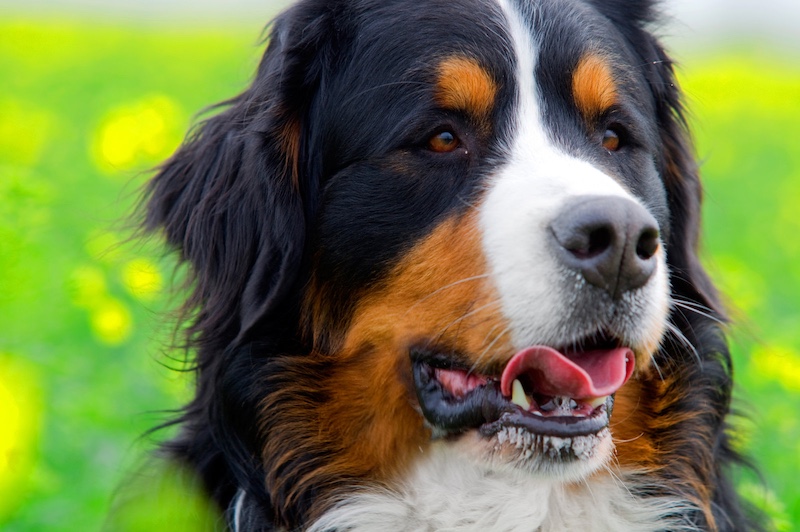Joint problems are a common health issue that many dogs face, especially as they age. While joint issues like arthritis or hip dysplasia can affect any dog, some breeds are more prone to these problems due to their size, genetic predisposition, or physical structure. Here’s a list of ten dog breeds that are particularly susceptible to joint problems, along with tips to help manage and prevent discomfort.
Labrador Retriever
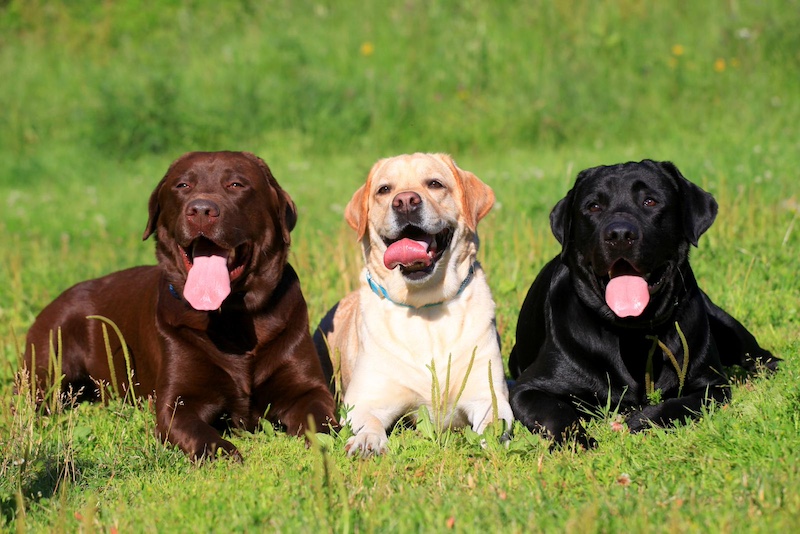
Labradors are one of the most popular dog breeds in the world, but they are unfortunately prone to hip and elbow dysplasia. This is partly due to their active nature and tendency to gain weight if not properly exercised and fed. Keeping your Labrador at a healthy weight and providing joint supplements can go a long way in preventing issues.
German Shepherd
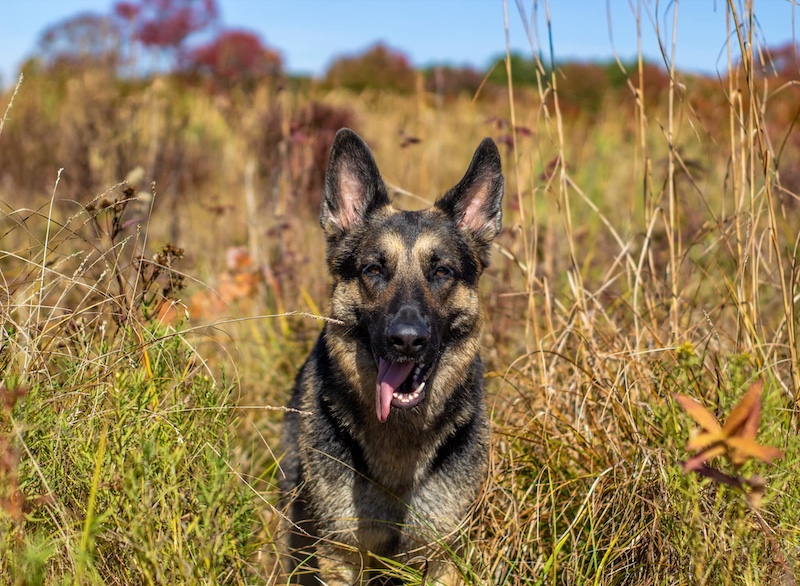
German Shepherds are known for their intelligence and versatility, but they are also predisposed to hip dysplasia and degenerative myelopathy, a spinal condition that affects mobility. Early screening and maintaining an active but controlled exercise routine are key to managing these issues.
Golden Retriever
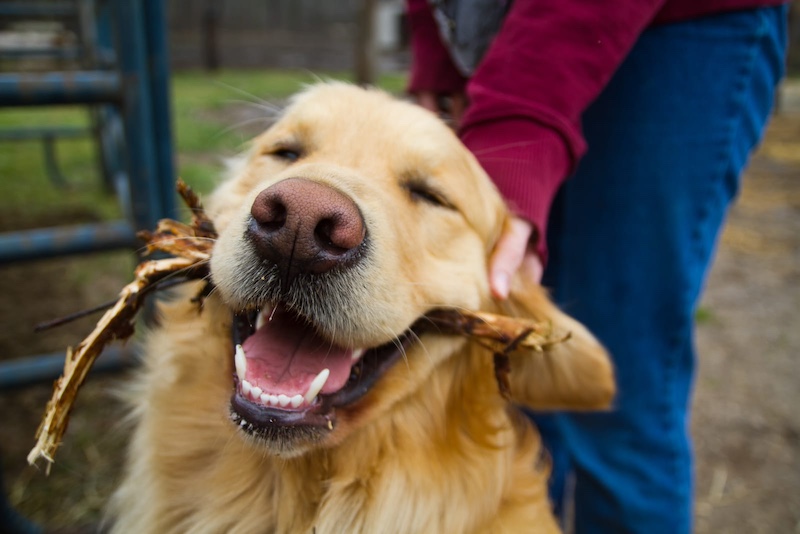
Golden Retrievers often experience hip and elbow dysplasia, similar to Labradors. Their friendly and energetic demeanor can mask joint pain in the early stages. Regular vet checkups and a high-quality diet rich in omega-3 fatty acids can support joint health.
Rottweiler
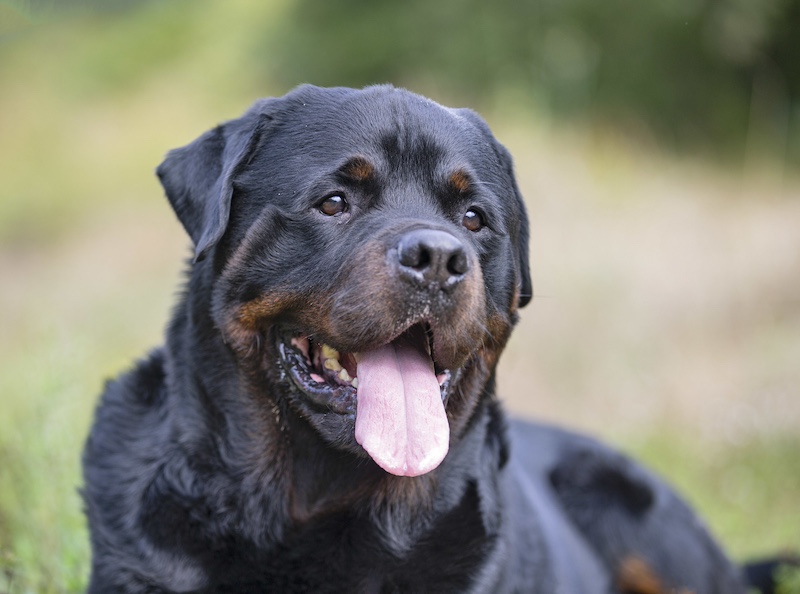
Rottweilers are strong and muscular dogs, but their large size puts extra strain on their joints. Hip and elbow dysplasia are common in this breed, as are other orthopedic conditions like osteochondritis dissecans (OCD). Controlled growth during puppyhood and regular low-impact exercise can help reduce the risk.
Dachshund

Dachshunds are prone to intervertebral disc disease (IVDD) due to their long spines and short legs. This condition can lead to pain and even paralysis in severe cases. Preventing excessive jumping and keeping their weight in check can minimize stress on their spine and joints.
Great Dane
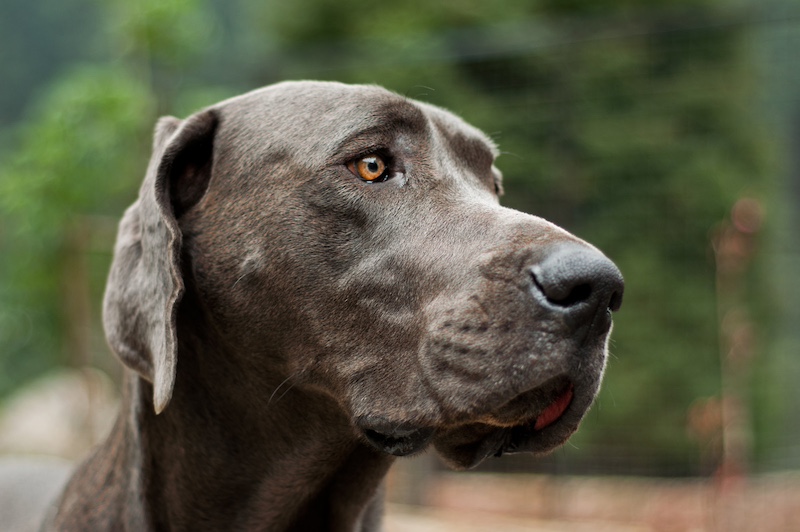
As one of the largest dog breeds, Great Danes are naturally prone to joint problems, including hip dysplasia and arthritis. Their rapid growth during puppyhood can exacerbate these issues. Providing a diet formulated for large-breed puppies and managing their weight is essential for joint health.
Saint Bernard
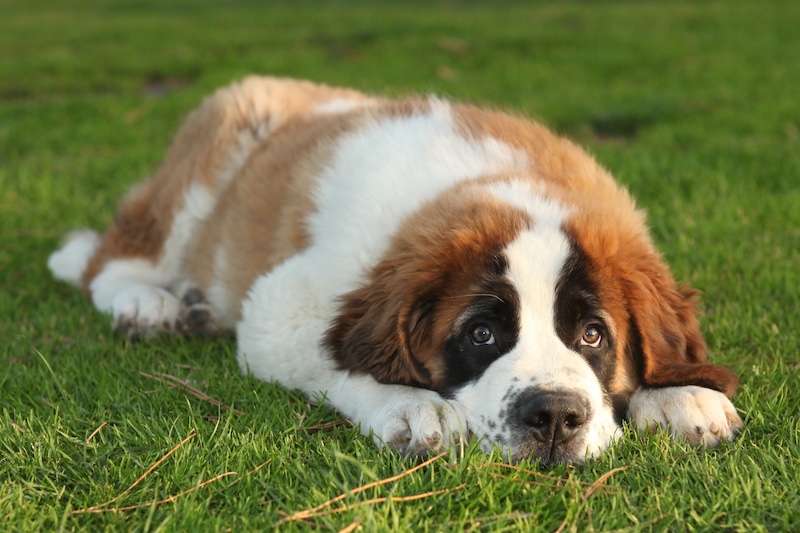
Saint Bernards are gentle giants, but their massive size makes them susceptible to hip and elbow dysplasia. They are also prone to arthritis as they age. Keeping them on a proper diet and encouraging moderate exercise can help alleviate joint stress.
Boxer

Boxers are athletic and energetic, but they are not immune to joint problems. Hip dysplasia and arthritis are common in this breed, particularly in older dogs. A combination of joint supplements and regular vet checkups can help manage symptoms.
Bernese Mountain Dog
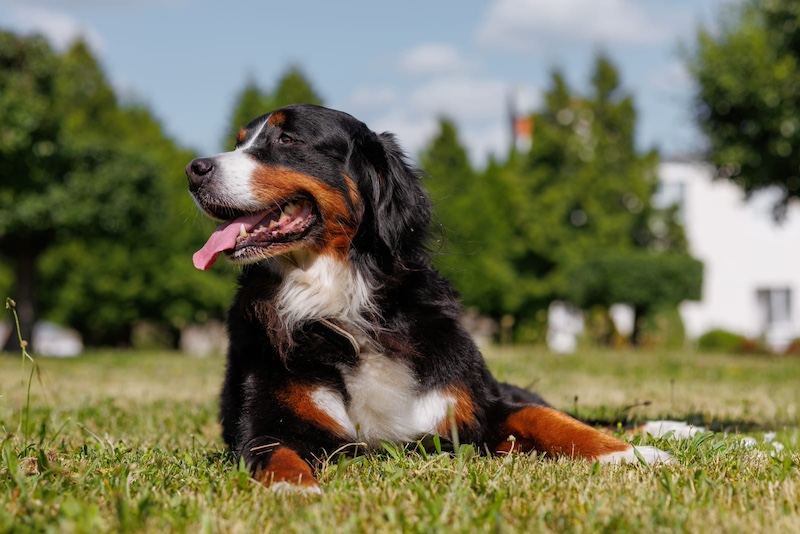
The Bernese Mountain Dog is another large breed that often suffers from joint issues like hip dysplasia and elbow dysplasia. Their shorter lifespan makes early detection and management of joint problems especially important. Regular exercise and a high-quality diet tailored to their needs can support their overall health.
Mastiff
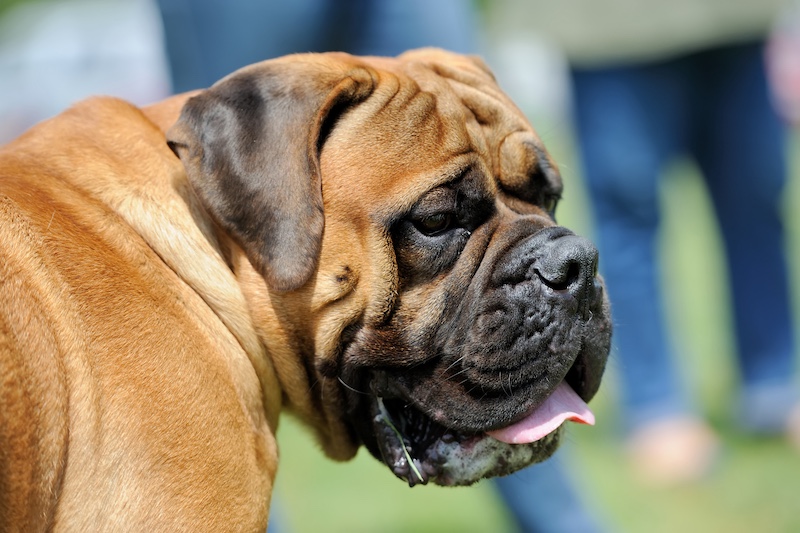
Mastiffs are enormous dogs with gentle dispositions, but their size predisposes them to joint issues like hip and elbow dysplasia. Arthritis is also common in this breed. Limiting high-impact activities and ensuring proper nutrition can help protect their joints. Please Note: This content was created with the assistance of AI and thoroughly edited by a human before publishing.

